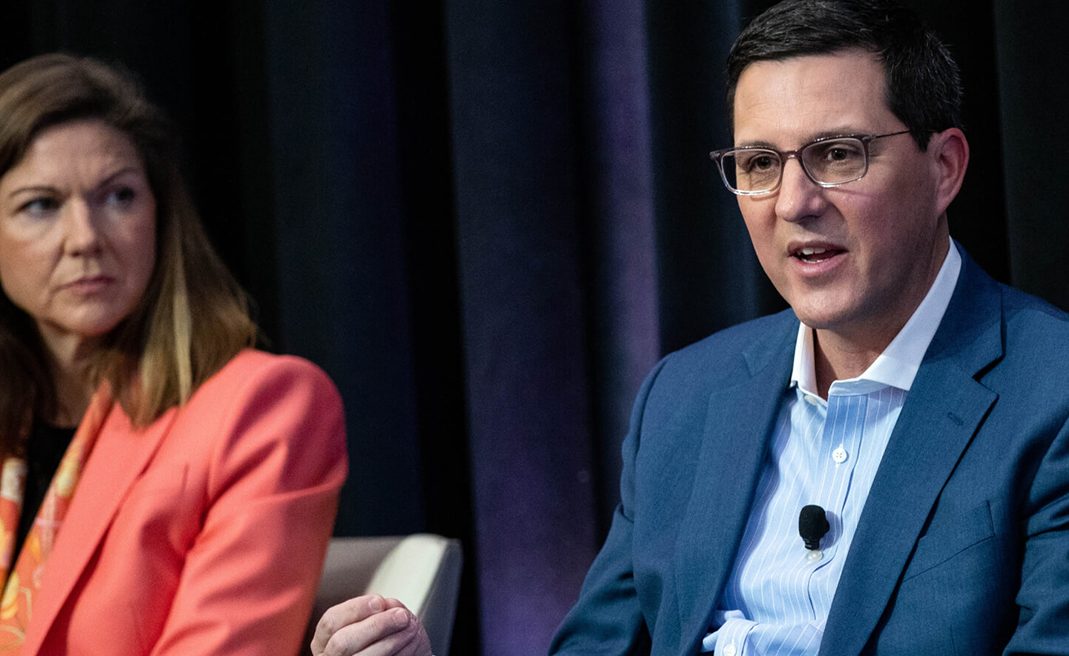
Who We Serve
We cover clients in a range of sectors from banking, buy-side, and insurance to corporations and public sector organizations. Whatever your needs, we have the insights, capabilities, and tools to help you achieve your goals.

Solutions
From ratings, investment research, and lending to balance sheet and portfolio management, we offer reliable, transparent, data-driven solutions, so that you can make informed decisions and navigate risk with confidence.

Capabilities
Whether you’re looking for structured finance expertise or macroeconomic data, our proven, integrated capabilities—covering credit, physical and transition, sustainable risk, and more—help you proactively mitigate risk, embrace innovation, and stay agile.

- Catastrophe Modeling Overview
- High-Definition Models
- Agriculture
- Builders Risk
- Cyclone, Hurricane, and Typhoon
- Earthquake
- Flood
- Forward-Looking
- Industrial Facilities
- Liferisks
- Marine Cargo and Specie
- Severe Convective Storm
- Terrorism
- Wildfire
- Windstorm
- Winterstorm
- Workers’ Compensation
- Insurance Linked Securities
- Event Response
- Hwind
About Us
Moody’s harnesses our comprehensive insights and expertise to uncover meaning amid uncertainty so that individuals and organizations can thrive.

Support
Need more information or can’t find what you’re looking for? We’re here to help. Connect with us anytime, anywhere.


